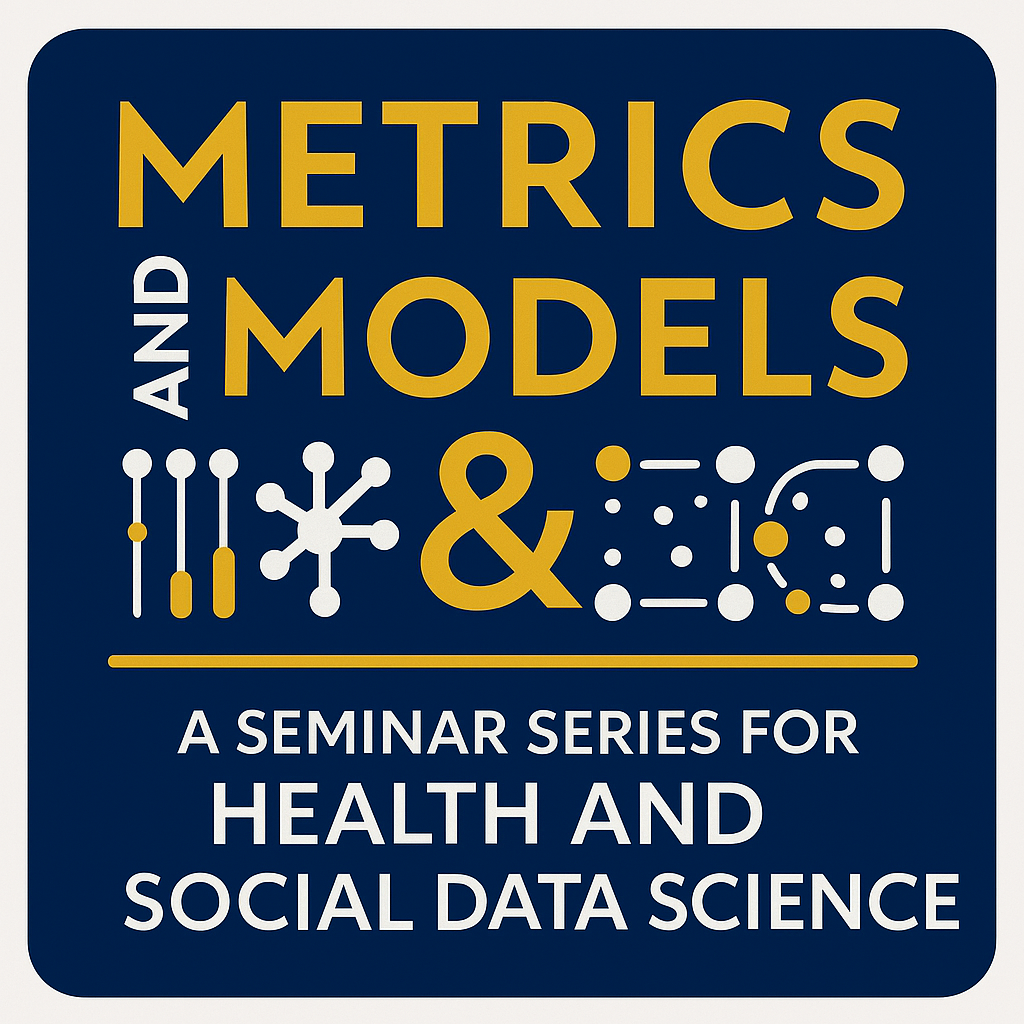Welcome to the Metrics and Models homepage!
Speaker: Juan Carlos Perdomo
Institution: Harvard Center for Research on Computation and Society
Date: 14:00 BST, 13th August, 2025
Talk Title: The relative value of prediction
Abstract: Throughout the social world, predictive algorithms are a means to an end. They provide forecasts of future events with the aim to improve human decisions and drive positive changes in core life outcomes (increase graduation rates, life expectency, etc.). Given that higher welfare — not accuracy — is the ultimate goal of prediction, it’s clear that algorithms are just a small piece of the puzzle. There are many things we can do to improve welfare beyond improving the accuracy of predictive systems. Given this broad design space, when is investing in prediction truly “worth it”? This talk will discuss a new line of research that aims to formalize foundations for this question. Based on joint work with Christoph Kern and Unai Fischer-Abaigar.
Bio: Juan Carlos Perdomo is a postdoctoral fellow at the Harvard Center for Research on Computation and Society, hosted by Cynthia Dwork, and will join New York University as an assistant professor of computer science and data science in the fall of 2026. His research focuses on the foundations of machine learning systems that make predictions or decisions about people, combining theoretical and empirical approaches, including work on performative prediction and prediction in resource allocation problems. He earned his Ph.D. in Electrical Engineering and Computer Sciences from UC Berkeley, where he was co-advised by Peter Bartlett and Moritz Hardt, and his B.A. in Computer Science and Mathematics from Harvard. Originally from San Juan, Puerto Rico, he was a member of the national sailing team, winning youth world championships at the under-17, under-19, and under-21 levels, and representing Puerto Rico at the 2015 Pan American Games. He also contributed to the design team of Emirates Team New Zealand during their winning campaign in the 35th America’s Cup.
